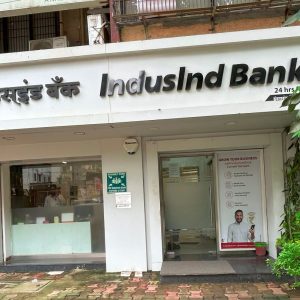The World Bank today announced that the Government of Tunisia has signed an expanded ISDA Master Agreement with the International Bank for Reconstruction and Development (IBRD). IBRD is the World Bank Group entity that engages with its middle-income shareholders through financing, guarantees, and knowledge and advisory services.
A country’s debt portfolio is often exposed to financial risks that can negatively affect its balance sheet and financial stability. The World Bank has long been emphasizing risk management to better protect and manage government resources, especially at a time when most countries are faced with shrinking access to capital and increased volatility in the financial markets.
Mohamed Nouri Jouini, Minister of Development and International Co-operation of Tunisia, said: “For nearly a decade, IBRD financial products have been playing a key role in helping us reduce the vulnerabilities in our portfolio. The extension of this agreement strengthens our ability to protect our resources and meet our long-term debt management objectives.”
Vincenzo La Via, CFO, World Bank Group, said: “Current market conditions highlight more than ever how important it is to reduce exposure to market risks and avoid significant increases in debt-servicing costs. We are pleased to extend this partnership so that Tunisia can use IBRD hedging products to manage the risk exposure of its overall public debt portfolio, not just debt owed to the World Bank.”
Each year, the World Bank Treasury executes $25-35 billion of derivative operations to manage risks on its own balance sheet and on behalf of clients. To date, IBRD has intermediated risk management transactions for 36 countries and four countries have signed expanded ISDA Master Agreements, which will allow them to use IBRD hedging products to manage the risk exposure of non-IBRD liabilities.






